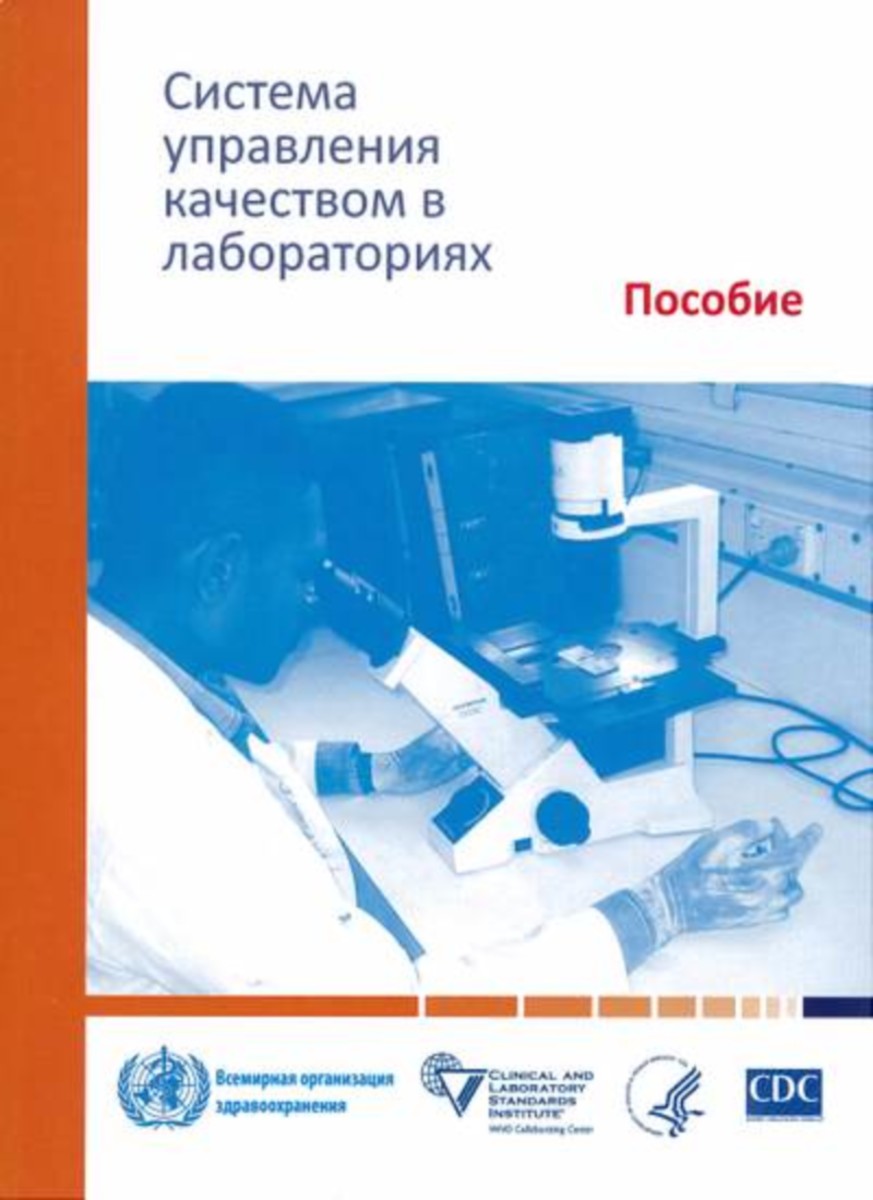Laboratory Quality Management System
Handbook
- Publisher
World Health Organization - Published
16th September 2013 - ISBN 9789244548271
- Language Russian
- Pages 271 pp.
- Size 8.25" x 11.75"
Achieving, maintaining and improving accuracy, timeliness and reliability are major challenges for health laboratories. Countries worldwide committed themselves to build national capacities for the detection of, and response to, public health events of international concern when they decided to engage in the International Health Regulations implementation process. Only sound management of quality in health laboratories will enable countries to produce test results that the international community will trust in cases of international emergency.
This handbook was developed through collaboration between the WHO Lyon Office for National Epidemic Preparedness and Response, the United States of America Centers for Disease Control and Prevention (CDC) Division of Laboratory Systems, and the Clinical and Laboratory Standards Institute (CLSI). It is based on training sessions and modules provided by the CDC and WHO in more than 25 countries, and on guidelines for implementation of ISO 15189 in diagnostic laboratories, developed by CLSI.
This handbook is intended to provide a comprehensive reference on Laboratory Quality Management System for all stakeholders in health laboratory processes, from management, to administration, to bench-work laboratorians. This handbook covers topics that are essential for quality management of a public health or clinical laboratory. They are based on both ISO 15189 and CLSI GP26-A3 documents. Each topic is discussed in a separate chapter. The chapters follow the framework developed by CLSI and are organized as the "12 Quality System Essentials".
World Health Organization
World Health Organization is a Specialized Agency of the United Nations, charged to act as the world's directing and coordinating authority on questions of human health. It is responsible for providing leadership on global health matters, shaping the health research agenda, setting norms and standards, articulating evidence-based policy options, providing technical support to countries, and monitoring and assessing health trends.


